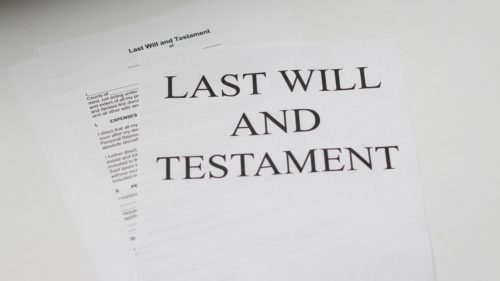
When a loved one passes away, the surviving family members are responsible for ensuring the estate is taken care of. The assets must be distributed according to the instruction of the will, and all debts should be paid. The probate process can be stressful as it is, and during a time of grieving, it can be even harder. Our legal team at Heritage Elder Law & Estate planning has years of experience with probate law and can help you and your family navigate through this process. Reach out to our Pennsylvania probate lawyers today to get started.
What does probate mean in Pennsylvania?
Probate is the legal process that occurs after someone passes away. The person’s will is submitted to the Register of Wills/Orphans’ Court so that the heirs can legally obtain their inheritance under the terms of the will.
How does the probate process work?
The prospective client will meet with our attorney for a free consultation where we will review the process of administering the estate. The first meeting will also discuss what assets your loved one owed and what forms may be needed to file with the court.
If there is a will, the person in the will must be appointed executor. If there is no will, the administrator of the estate will need to be appointed. No matter what, it requires going to the courthouse and appearing before the Register of Wills to be sworn in. This step will give the executor power to manage the assets and distribute them accordingly with the terms of the will, or if there is no will, in accordance with the laws of intestacy.
How long does the probate process take?
In Pennsylvania, it takes about a year and a half on average from the date of your loved one’s death to complete the process. If there are more complexities involved in the estate or unique family dynamics, this process can take more time. The assets will be identified and reported on the inheritance tax return which will be filed with the Pennsylvania Department of Revenue. The estate will also be advertised in the local paper to allow creditors of the state to ensure that there are no outstanding bills or debt.
Once the Pennsylvania Department of Revenue reviews and accepts the inheritance tax return, which may take between 6 and 9 months, our attorneys will work with the executor or administrator to close out the estate and ensure that the heirs receive their proper inheritance.
CONTACT OUR EXPERIENCED PENNSYLVANIA FIRM
Whether you are dealing with matters involving estate planning, estate administration, or elder law, you need a legal team that you can feel confident will represent your best interests, every step of the way. We are that legal team. Contact Heritage Elder Law & Estate Planning today so we can get started.
